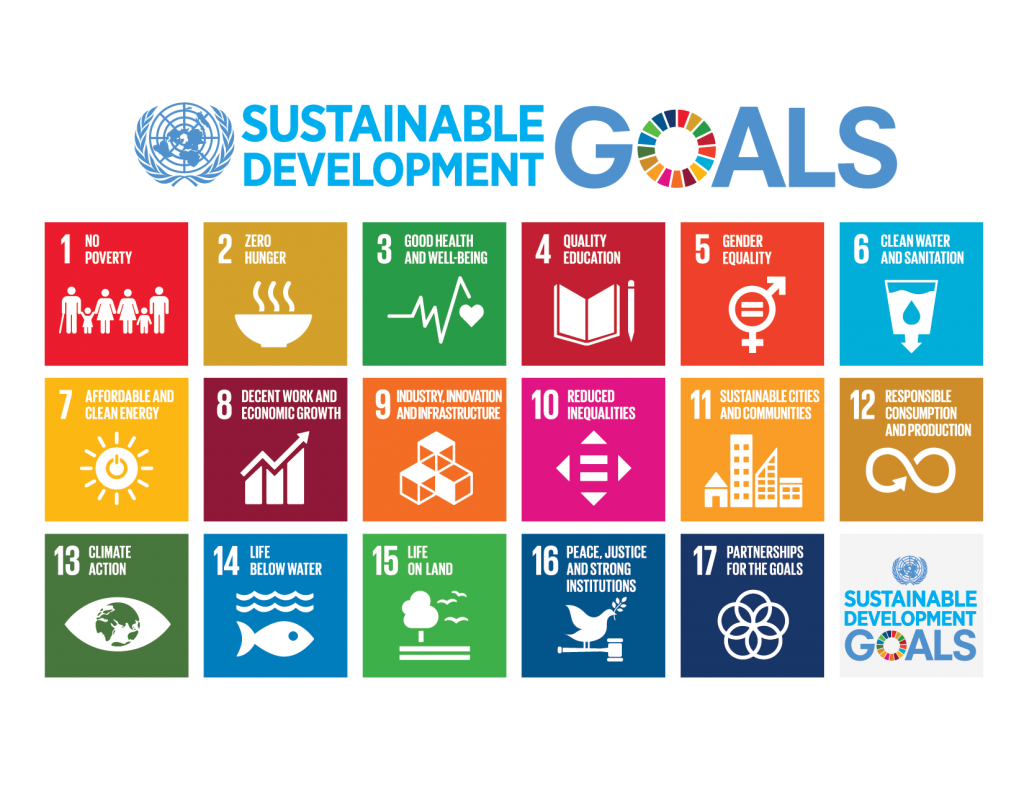UIL Director David Atchoarena on the challenge of raising the profile of lifelong learning and realizing its potential contribution to the 2030 Agenda for Sustainable Development

Earlier this month I attended the Global Education Meeting in Brussels, Belgium, to join with colleagues from across the world in reviewing progress towards the commitments on education made in the 2030 Agenda for Sustainable Development.
The Brussels Declaration, the outcome document of the meeting, acknowledged the ‘fundamental role’ of lifelong learning as a key driver of sustainable development and reinforced the commitment of Member States to the eradication of illiteracy through formal and non-formal education and training.
This is a welcome statement of intent. However, the overwhelming focus on school education during the meeting and in the Declaration highlights the uphill task we face in putting the educational needs of adults at the heart of education policy and establishing lifelong learning as the leading educational paradigm for inclusive and sustainable learning societies.
How can we begin to change this? The challenges faced by the world, captured eloquently in the Sustainable Development Goals, demand holistic, integrated solutions. We cannot, for example, expect to eradicate poverty or to ensure healthy lives for all unless we also provide people with quality education and lifelong learning opportunities throughout their lives.
Education and lifelong learning are not only at the heart of SDG 4 – which enjoins Member States to ‘ensure inclusive and equitable quality education and promote lifelong learning opportunities for all’ – they are crucial to the achievement of the other SDGs, and to making the connections between them. We need to make this case, as often and as powerfully as we can.
The potential of lifelong learning in realizing this agenda is substantial. However, it is not enough simply to promote educational opportunities for adults. We need to adopt an inclusive, integrated approach to lifelong learning policy and planning that is sector-wide, cross-sectoral and multi-level. We must develop partnerships and cooperation that cross the boundaries between formal, non-formal and informal learning, that involve the private sector and civil society, as well as different levels and departments of government, in order to realize fully the potential of lifelong learning to areas such as health, environmental sustainability and justice.
The current and emerging challenges faced by the world are immense. They include climate change, mass migration and population displacement, technological transformation, poverty and inequality, and the threat to democracy represented by the growth of populism in politics. It is important, therefore, that we continue to articulate a holistic vision of lifelong learning and seek to integrate it into the daily life and work of citizens, ensuring their learning demands are expressed, heard and met.
There is no doubt in my mind that societies can best equip themselves for the challenges of the future by becoming learning societies, populated by smart, civically engaged and technology-savvy citizens, resilient and adaptable in the face of change. There are signs that parts of the global policy community are waking up to the potential benefits of investment in learning throughout life. We need to build on the example of the best if we are to realize the contribution of lifelong learning to the 2030 Agenda.
David Atchoarena is Director of UIL
